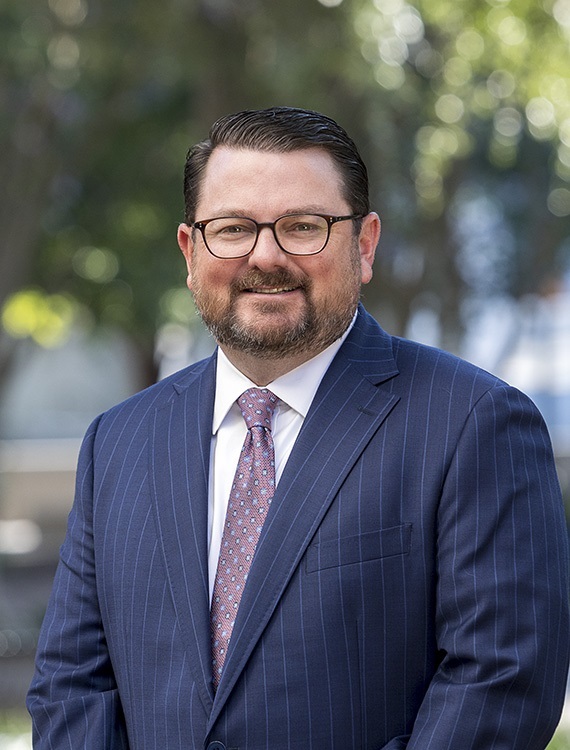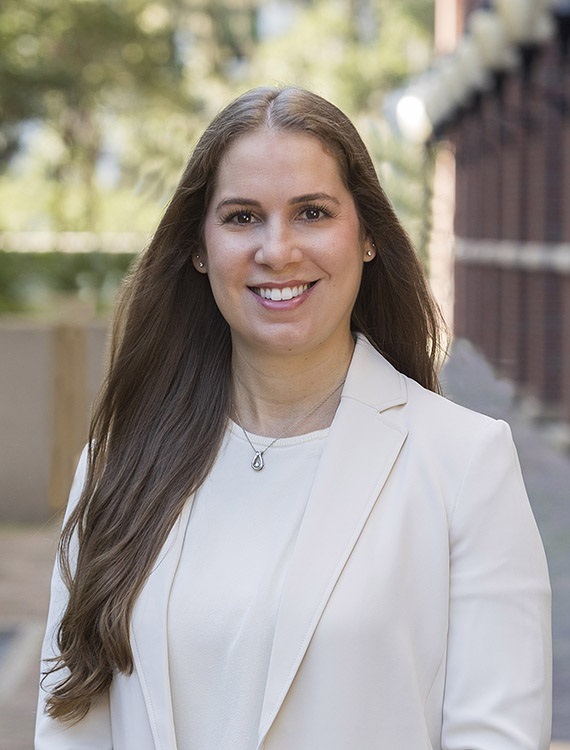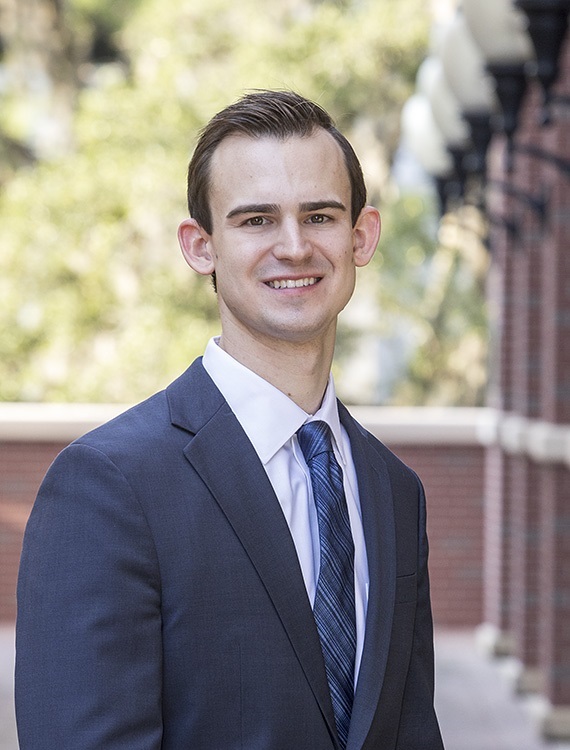Study lends credence to insurance plan
By BRIAN NEILL – bneill@bradenton.com
Floridians as a whole could save billions of dollars in home-owners insurance costs if a special funding pool was created in the state to cover hurricane losses.
That was the finding of a study released Thursday by Florida economist Henry Fishkind.
The study, commissioned by St. Petersburg-based group, Shield Our State Coalition, suggests that the creation of a new investment vehicle that would issue bonds backed by U.S. Treasuries could fund a pool to offset storm losses.
Shield Our State has been pushing the plan that would call for state-created insurer Citizens Property Insurance Corp. and the state’s Hurricane Catastrophe Fund to be abolished in favor of a newly created “Hurricane Insurance Pool.”
“Our current insurance system for hurricanes, after 17 years of attempted repairs, is still badly broken,” said Shield Our State Managing Director Dan Montgomery during a Thursday teleconference with Fishkind to discuss the study. “The most efficient solution will be a new public-private partnership between the state and the insurance industry.”
Basically, the plan calls for private insurers to provide all coverage on homes except wind.
Homeowners would pay the wind portion of their premiums into the HIP, which would gain interest on a compound basis.
Fishkind’s study determined that Florida’s homeowners could save as much as $119 billion during a once-in-20-year storm event.
“The way it accomplishes its economic benefit is by internalizing the reinsurance function,” Fishkind said. “And it does that by its unique and very innovative catastrophe contingency capital contract, which in essence, would provide the capital for the fund. Right now, our insurance program in Florida insures against loss with a rate system, which everybody agrees is not actuarially sound. By contrast, (the HIP) would insure against risk in an actuarially sound fashion.”
In the instance of a storm, the HIP fund would issue bonds backed by Treasuries, Fishkind said.
Fishkind’s study suggests that as many as 10,000 new jobs a year could be generated over a 20-year-period because of the savings in homeowners insurance rates.
“Imagine that each year you saved $500. That’s like a tax cut to you,” Fishkind said. “So with that reduction in expenditures on insurance you would be able to spend money on other things. That’s how the jobs are created — from the lower cost of the insurance.”
But some aren’t sold on the idea.
One of them is Jeff Grady, president of the Florida Association of Insurance Agents.
Grady said his agency had the very same idea as Montgomery’s group, but found the plan hit a snag when it came to the matter of funding.
“I don’t know how you fund it,” Grady said. “He’s got this capital contingency thing that he swears can be sold out into the investment market. But that was the problem with it when we produced (the idea). No one could figure out while the thing is new on the block, how does it pay for all the wind losses, which would be pretty severe, assuming the state owns all the wind (risk)?”
Responding to media questions, Fishkind said that he is confident bonds could be sold, even in the current market, which has seen demand for debt fall off a cliff.
“Yes the markets are difficult, but even our non-rated dirt bonds are able to get 8.5 percent financing today,” Fishkind said.
Grady said he would support the idea if it was certain it could be funded.
“We would like for this to work,” he said. “We really would.”
Montgomery was indefinite on the amount of legislative support he has gotten for the plan.
“The reaction we get from them is varied,” Montgomery said.
A similar plan to shift the state’s hurricane risk away from the CAT fund and Citizens was recently introduced by state Rep. Ellen Bogdanoff, R-Fort Lauderdale, House Minority Leader Franklin Sands and Senate President Pro Tempore Mike Fasano.
But the bill was never heard.
Sam Miller, executive vice president of the Florida Insurance Council, said legislators are now focused on shoring up funding for the CAT fund and Citizens.
“It’s not going anywhere this year,” Miller said of Montgomery’s plan.
“It hasn’t been approved by a single committee. I think its chances are very, very slight this year.”
But Montgomery is not giving up.
“We need to act right now,” Montgomery said. “We have two and a half weeks left in our current legislative session. The government and legislators can act now and must act now, and they need to know we expect nothing less.”












